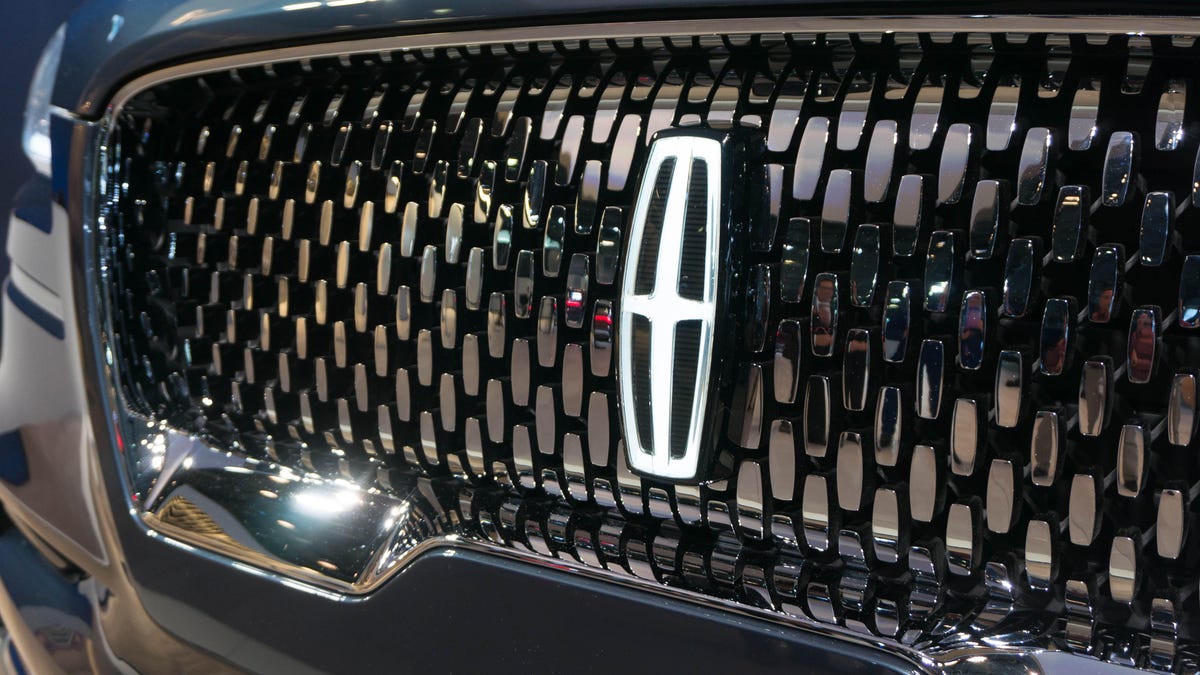Lincoln cuts back on sales to fleets, hopes to court millennials
Can America's other luxury brand continue its rise from irrelevancy by reducing fleet sales and making cars for individuals?

For a long time, Lincoln seemed like it was circling the drain. It didn't feel like a relevant brand because it didn't produce products that people got excited about. To keep itself afloat, it focused on what had been a reliable, if not huge, source of income in the past: fleet sales.
The problem with fleet sales -- and this is something that many domestic automakers have suffered from for a long time now -- is that having people predominantly see your vehicles as livery vehicles or rental fleet fodder means that eventually, and with few exceptions, fleet managers become your customers. Then you're building cars to appease them, rather than the average US buyer, and the cycle continues and gets worse.
Prior to the release of the new Navigator and Continental, when was the last time you were excited about a Lincoln? Can you name five Lincoln models built in the last twenty years? Probably not, but that might be changing as part of a mandate by Ford CEO Jim Hackett. Hackett wants to increase Lincoln's operational fitness by reducing fleet sales and focusing more on non-commercial customers.
Lincoln will still sell to livery companies but has already begun to drastically reduce sales to rental fleets like Hertz and Avis and cut back on sales of company cars, according to Automotive News.
"Those are very deliberate efforts to really focus on residual values as our new products come out," said Robert Parker, Lincoln's director of marketing, sales and service, to Automotive News at the New York auto show . "What happens is those cars come back in 6 to 12 months. That's problematic on our residual values because that's when all the depreciation occurs. The longer they stay out, the better."
Lincoln is also focusing more on leasing rather than traditional purchasing to court millennials who have shown a preference for monthly payments, rather than outright purchase (not that this has to do with literally anything other than preference) now that the company is producing cars that appeal to those under the age of 40.
These new, desirable cars like the Navigator, Continental, Nautilus and the new Aviator, which just debuted in New York, are proving to be a much-needed shot in the arm for one of America's last bastions of domestically produced luxury. The Navigator is responsible for an almost unbelievable 101.6 percent increase in sales from March 2017 to March 2018.
The future for Lincoln looks bright for the first time in a long time, and that's a good thing because we've driven the new Navigator and we want more.

